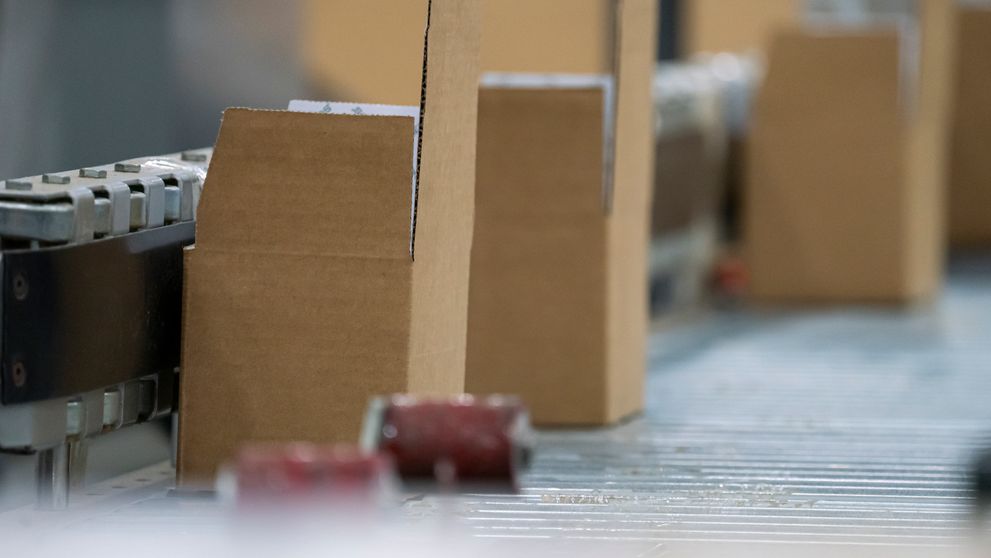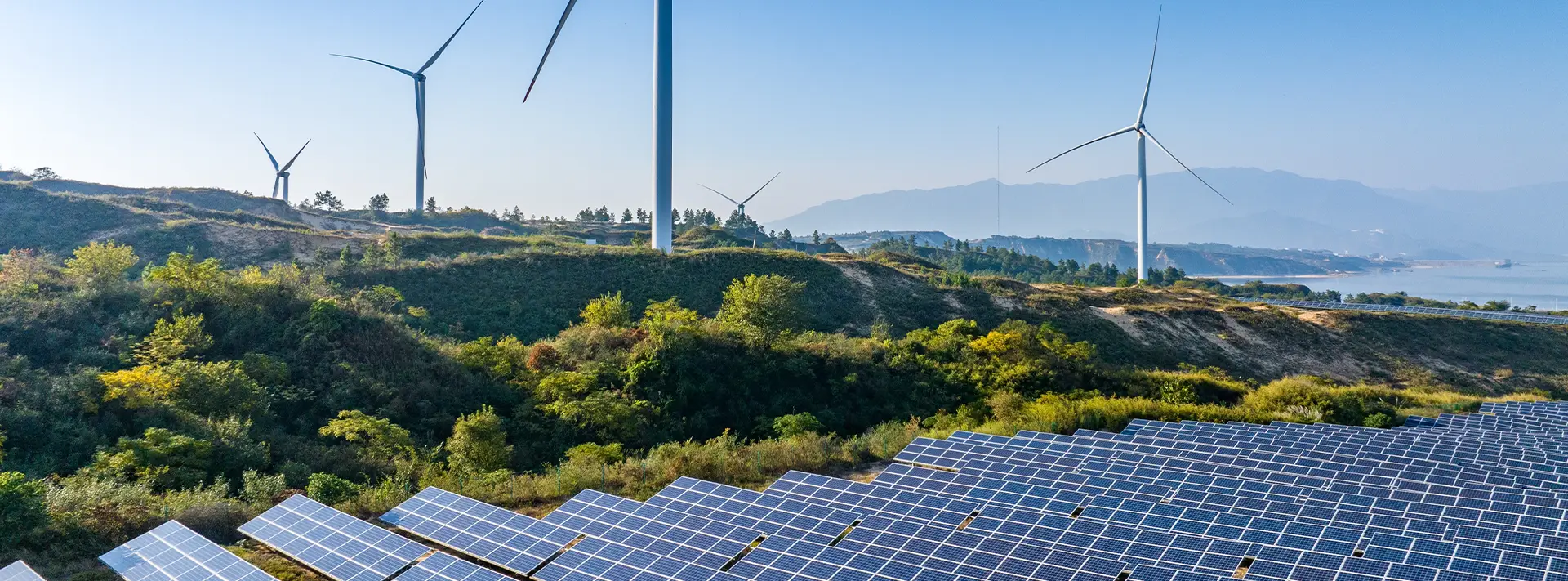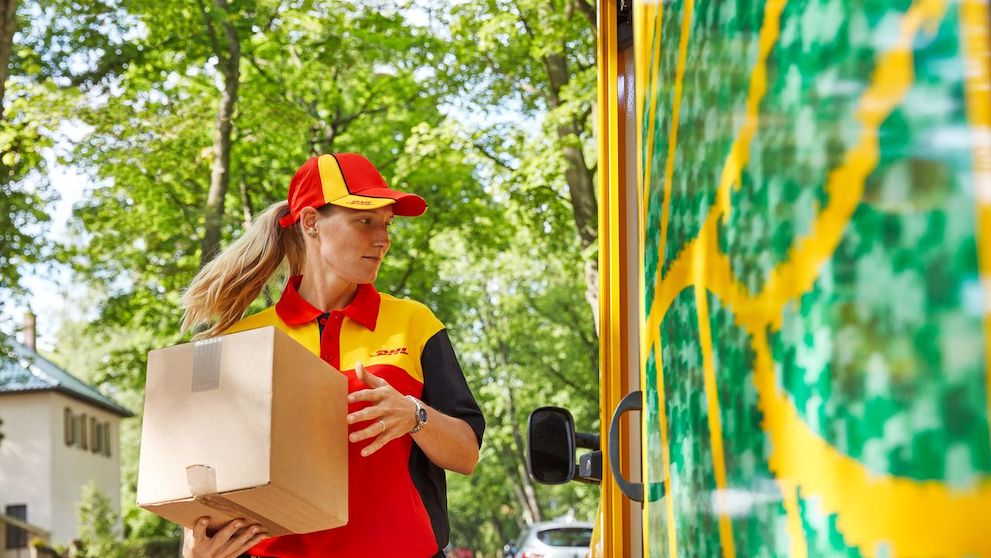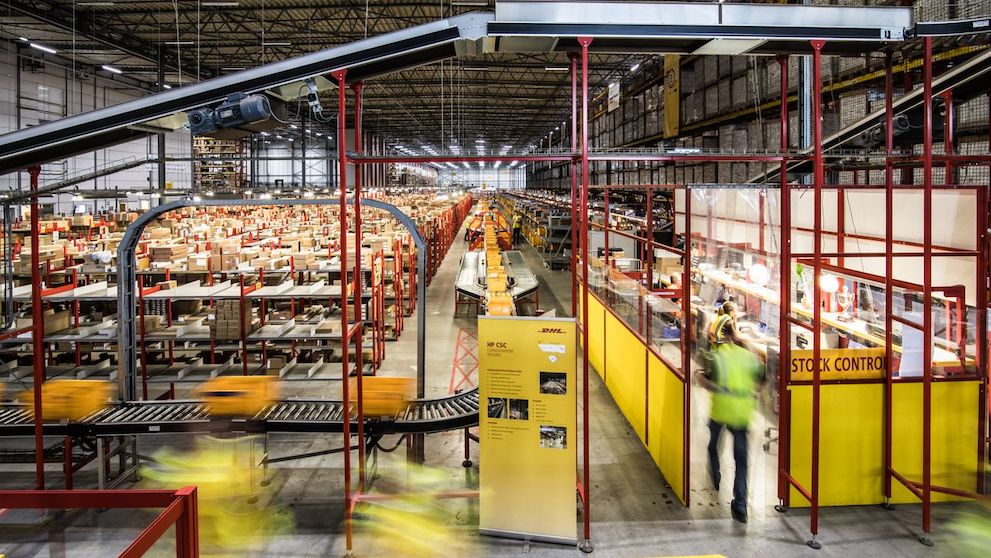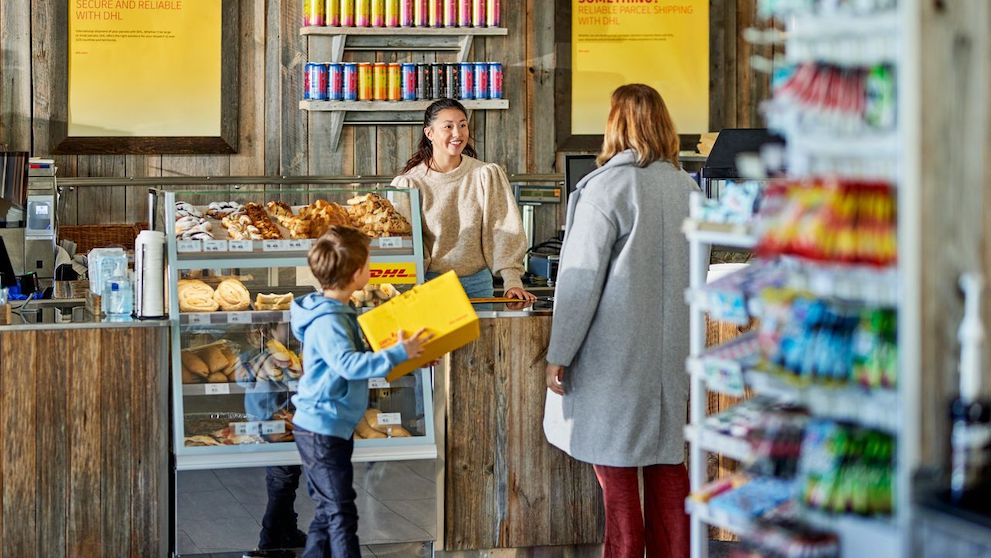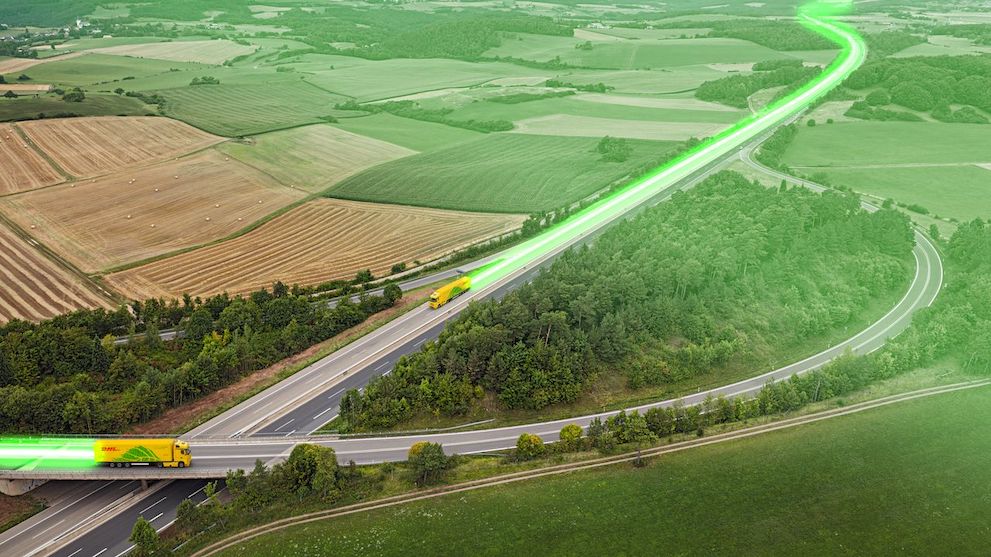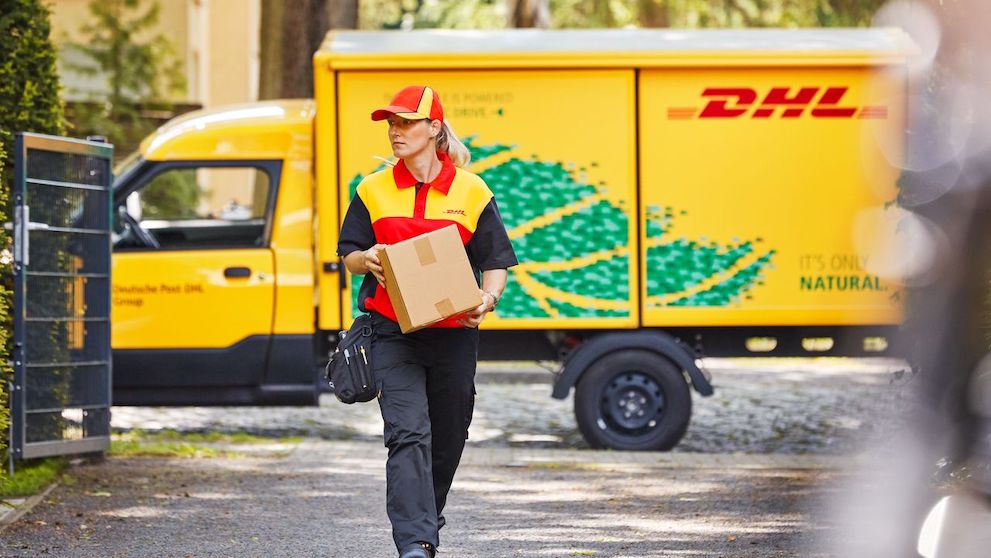New Zealand’s shipping industry has been working to shift to more sustainable operations, with biofuel presenting as a promising alternative to traditional fossil fuels. As the global demand for eco-friendly shipping practices increases, businesses in New Zealand are exploring innovative solutions to reduce their environmental impact.
One standout initiative is the successful biofuel trial by Zespri, New Zealand’s leading kiwifruit exporter, and its partner FCC which highlights the growing potential of biofuels to revolutionize the shipping industry.
Simultaneously, international logistics leaders like DHL Express are at the forefront of incorporating sustainable aviation fuel (SAF) to achieve net-zero emissions. This shift towards green logistics signifies a pivotal moment for New Zealand’s export-driven economy, encouraging local businesses to embrace sustainable shipping practices.
The Urgency for greener shipping
Traditional shipping practices contribute significantly to global greenhouse gas emissions. According to ISO, it contributes to over a third of global carbon emissions, making it the largest emitting sector. And that share continues to increase. For New Zealand, a country heavily reliant on exports, the environmental footprint of shipping can be particularly concerning.
Sustainable shipping is no longer just a corporate responsibility—it’s a necessity. With climate change taking center stage in global discourse, New Zealand businesses must align with greener, more sustainable logistics practices. By prioritizing environmentally friendly shipping solutions, they can play a part in reducing emissions and helping the country meet its sustainability targets.
Biofuel trials: Paving the way for a sustainable future
One of Zespri’s international shipping partners, FCC, recently completed a successful biofuel trial using a charter vessel to transport goods between Hong Kong and New Zealand. The aim of the trial was to evaluate how the ship’s engine would perform using biofuel, specifically focusing on its efficiency and emissions reduction.
The vessel, Kakariki, bunkered the biofuel in Hong Kong before beginning its voyage south to the Port of Tauranga. The biofuel blend used in the trial was derived from renewable sources, including used cooking oil, which reduces carbon emissions compared to traditional fossil fuels. While biofuel is not yet readily available in New Zealand, this trial demonstrates the potential for low-emission shipping once access to sustainable fuel becomes more widespread.
As biofuel infrastructure expands, New Zealand companies could soon have the opportunity to charter vessels powered by low-emission fuel, supporting greener shipping practices.
The benefits of biofuels
Biofuels offer multiple environmental benefits, making them an attractive alternative to fossil fuels in the shipping sector. Derived from renewable sources like used cooking oil, animal fats, and agricultural residues, biofuels can reduce some undesirable effects of fossil fuel production and use. This includes greenhouse gas emissions, exhaustible resource depletions, and dependence on foreign suppliers.
Furthermore, biofuels support the circular economy by repurposing waste products that would otherwise end up in landfills or incinerators. This aligns with New Zealand’s broader sustainability goals of reducing waste and promoting renewable energy sources.
As biofuel technology evolves, it holds the potential to reshape the global shipping industry. For New Zealand businesses, particularly those in the export sector, embracing biofuels can help minimize carbon footprints, improve environmental credentials, and promote a more sustainable future.
DHL Express: Leading the charge in sustainable aviation
While biofuels are gaining traction in the shipping sector, sustainable aviation fuel (SAF) is available in the air freight industry, particularly for international shipping. As a global logistics leader, DHL Express has taken significant steps to reduce its carbon emissions through its GoGreen Plus Campaign. This initiative focuses on incorporating SAF into our operations, aiming to reduce the environmental impact of our global logistics and supply chain operations.
GoGreen Plus Campaign
DHL’s GoGreen Plus Campaign is a key part of the company’s broader sustainability strategy, which seeks to achieve net-zero emissions across its logistics network by 2050. The campaign promotes the use of SAF, a renewable fuel produced from sustainable feedstocks like waste oils, agricultural residues, and non-food crops.
SAF offers several advantages over traditional jet fuel. It can reduce life cycle carbon emissions by up to 80%, making it an excellent option for decarbonizing air transport. As part of its commitment to sustainable logistics, we have already begun incorporating SAF into our global air freight operations. By offering customers the option to choose GoGreen Plus services, we enable businesses to actively reduce their carbon footprint while benefiting from efficient, reliable international shipping solutions.

DHL’s path to net zero
Our commitment to sustainability extends beyond SAF. We have also invested in carbon insetting, a practice that offsets emissions within the supply chain by reducing them at the source. This approach complements traditional carbon offsetting strategies and helps us move closer to its goal of net-zero logistics.
With optimal efforts to reduce carbon emissions in different aspects of our operations while still delivering quality service, we are setting a new standard for sustainable delivery companies worldwide.
Joining the Sustainable Shipping Movement
As New Zealand’s shipping industry charts a course toward a greener future, businesses have a unique opportunity to contribute to the movement. By partnering with a delivery company that offers sustainable shipping services, such as DHL Express, companies can reduce their environmental impact and demonstrate their commitment to sustainability. As the global demand for sustainable business practices continues to grow, companies that adopt eco-friendly shipping solutions will be better positioned to meet consumer expectations and contribute to a sustainable future.
Take the first step in incorporating green shipping into your operations and open a business account today.
For more sustainability insights, check out our exploration of regenerative agriculture in New Zealand and how to reduce wastage along your supply chain.




